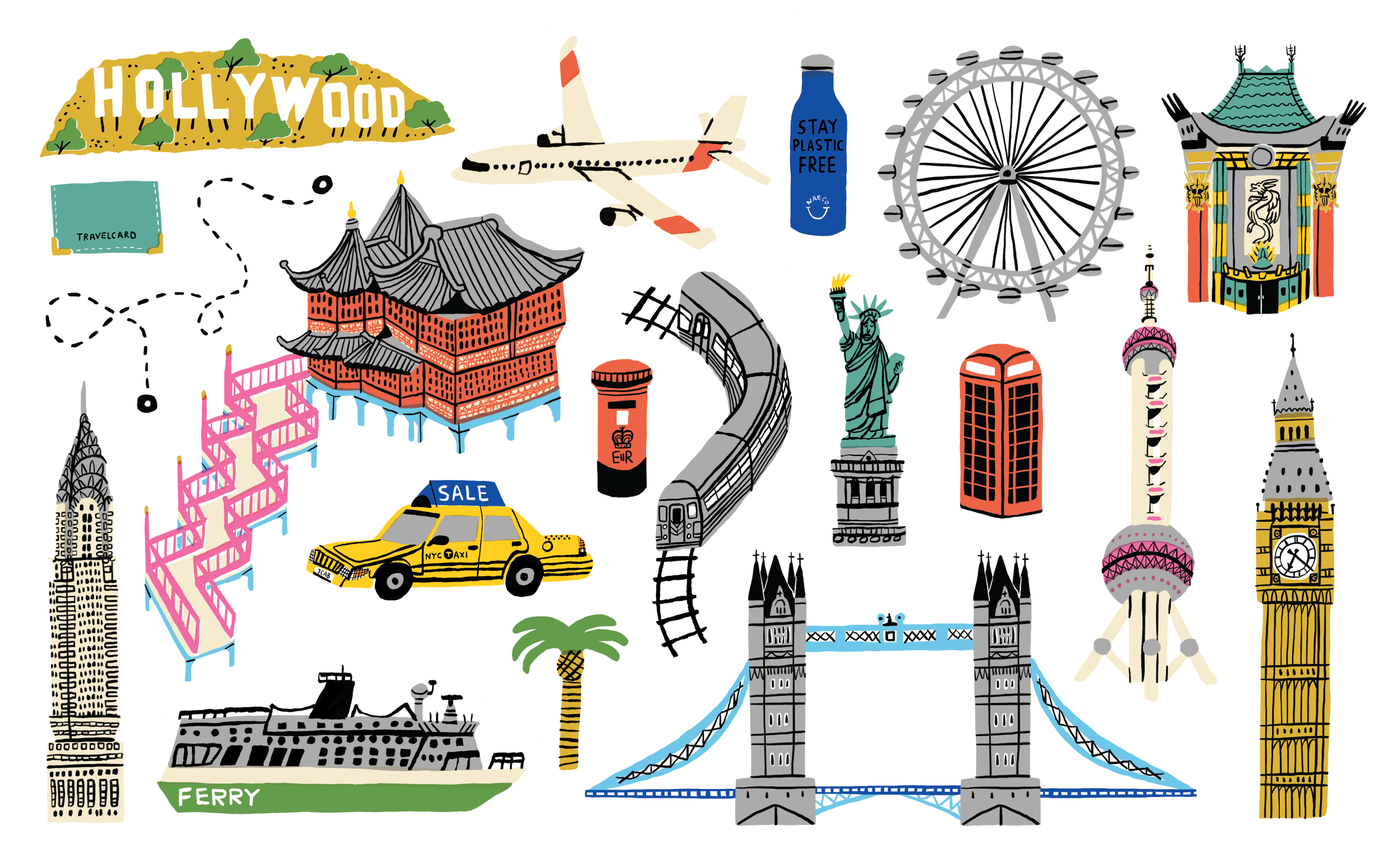A meditation guide for extraordinarily large groups
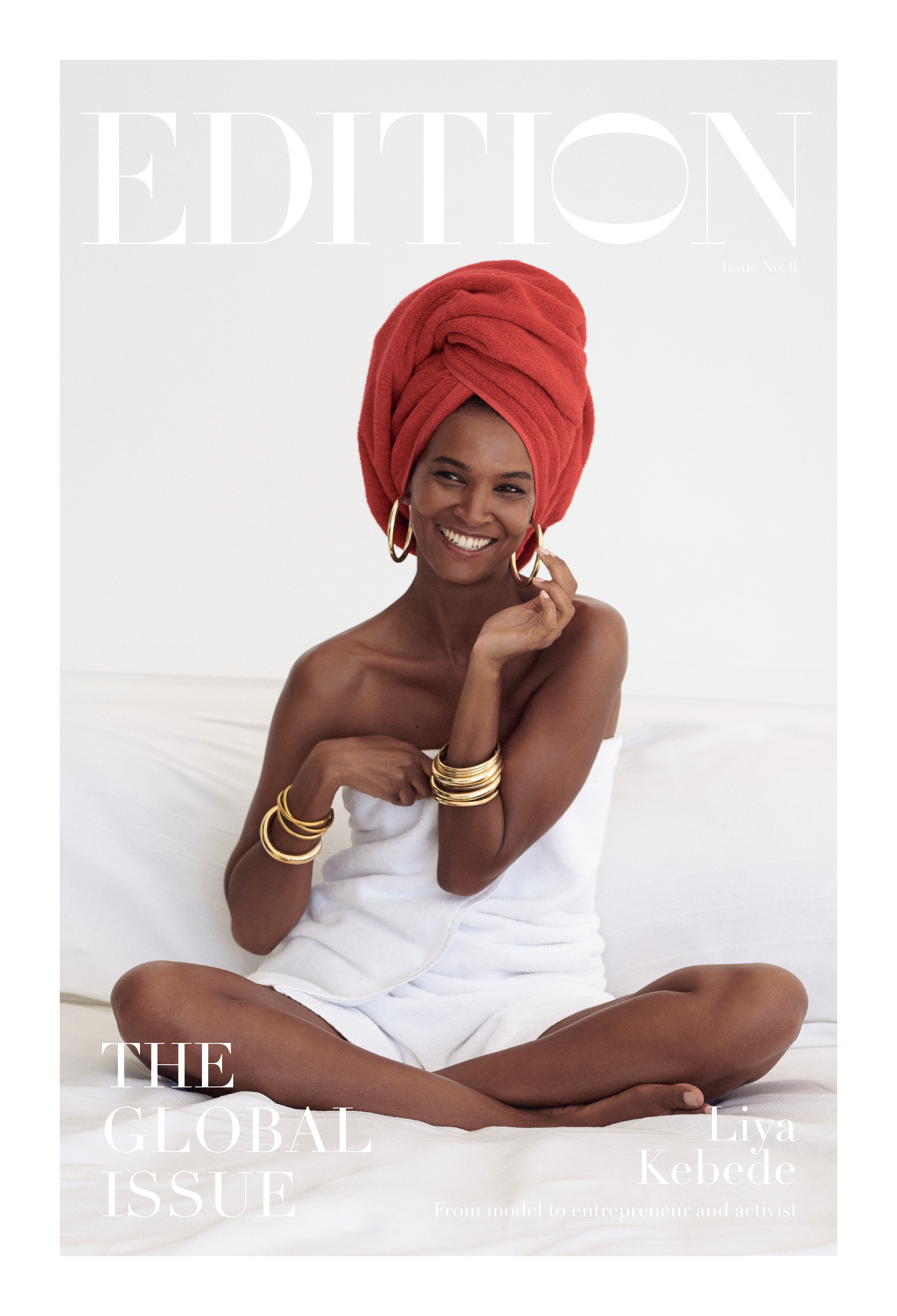
Global Issue
Global Issue: Editor’s Letter
Editor’s Letter
John Fraser
The Michelin-starred chef has a story to tell you through his cooking
Pundy’s Picks for Conscious Travel
Six tips for considered and conscious travel
Genmaicha Martini Recipe
The classic martini plus the health benefits of green tea
The Spread Love Project by Nicholas Konert
How Nicholas Konert’s rainbow heart design became an international icon
Wade Davis
Anthropology is the antidote to today’s nativism says the scholar and author
Carla Sozzani
The future of retail according to the founder of legendary concept store 10 Corso Como
The Art of Migration
The power of art to inspire empathy and social action
John Pawson
Zen Buddhism and minimalist purity drive the celebrated architect
Amy Duncan
As the CBD line Mowellens expands into skincare, its founder shares the personal story behind her company
Sila Sveta
Moscow’s favorite media studio finds the perfect balance between art and commerce
David de Rothschild
In his calls for environmental awareness, the modern explorer finds harmony between man and nature
Can Fashion Be Sustainable?
Shaping a better world through what you buy – or don’t
Brendon Babenzian
Supreme’s former creative director wants to end the cycle of consumption with his new brand Noah
Lily Kwong
Nature invades the urban jungle in the landscape designer’s expansive projects
House of Yes
Behind the scenes with the Bushwick nightlife collective promoting inclusivity and consent culture
Vivie-Ann Bakos
DJ Extraordinaire
Chez Dede
A medium in which two world-traveling, adventurous spirits absorb the globe’s vast curiosities and share them freely
Jesse Israel
A meditation guide for extraordinarily large groups
Liya Kebede
The Ethopian model, activist, and entrepreneur uses her label Lemlem as a force for change
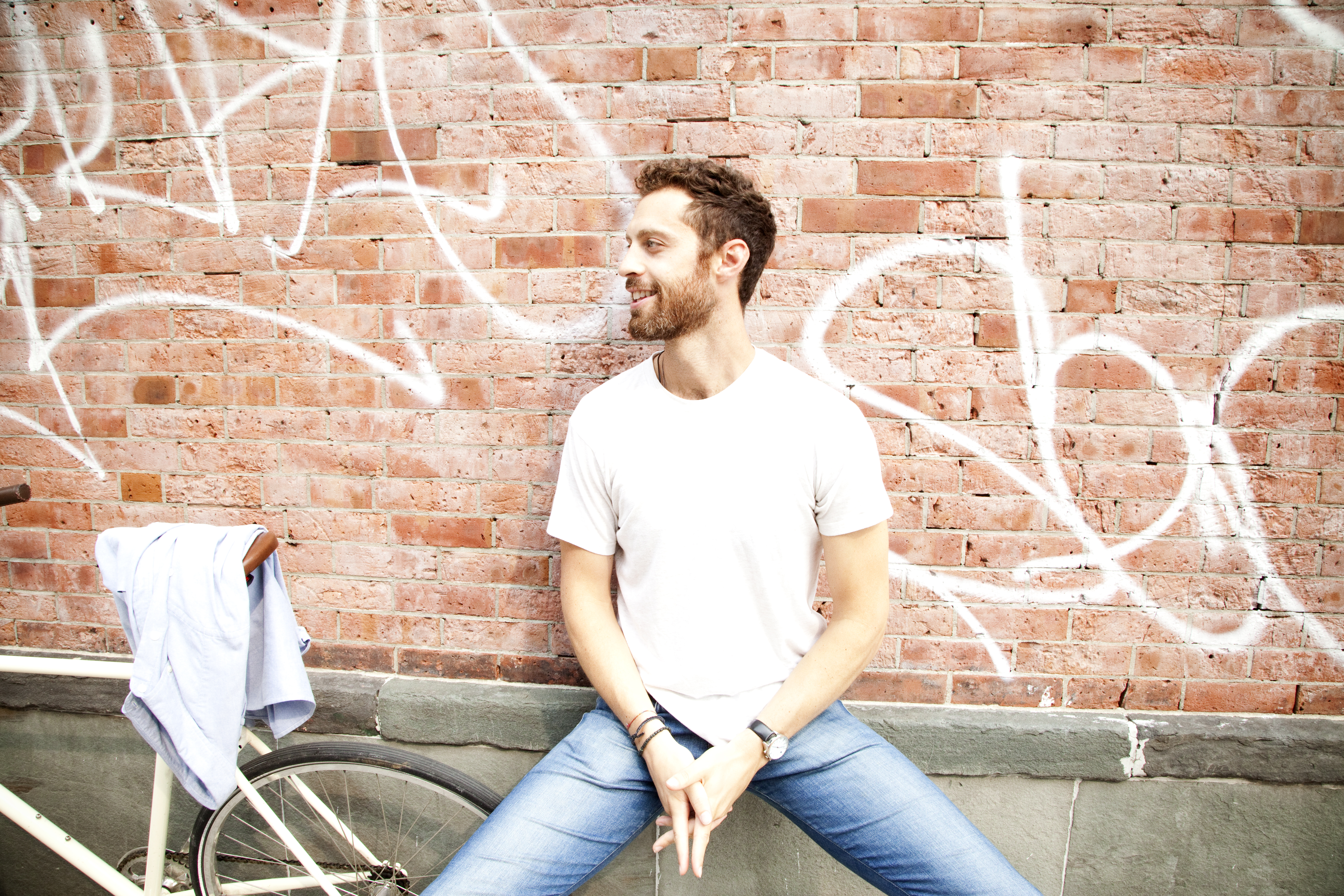
A meditation guide for extraordinarily large groups
Jesse Israel
A meditation guide for extraordinarily large groups
By Anna Jube
@JesseIsrael
Founder of @thebigquiet
Photo by Jenna Duffy
‘Meditation isn’t for me’ is a line Jesse Israel hears a lot. He’s the founder of The Big Quiet, an organization that describes its offerings as “Massive Meditations For Modern People” and hosts events in some of the United States’ most well-known venues with his team. As the face of the organization, Israel is a meditation guide for extraordinarily large groups—sometimes up to as many as 15,000 people—conducting a form of meditation that strongly emphasizes community, inclusiveness, and modernity in its ethos.

The Big Quiet session at the Field Museum, Chicago
Photograph by Jac Stovler.
In his approach to teaching meditation to thousands of people at a time, Israel explains that it’s a common misconception that all forms of meditation (a word whose etymology stems from Latin term for ponder) are about achieving complete inner silence. “For most humans,” he explains, “people like you and me who live in a modern city or suburb, having the brain be totally silent would be a really difficult task.” During The Big Quiet meditations, one of the first things he advises is that a perfect meditation is “very different than maybe what the media makes it look like.” In fact, a racing mind during practice is “totally common and natural,” he says. “It’s how our brains work.”
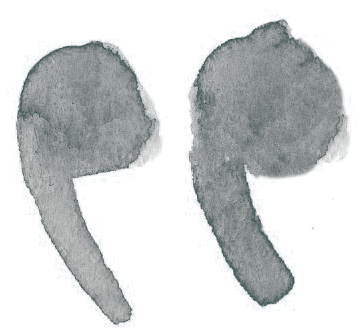
A perfect meditation is 'very different than maybe what the media makes it look like.'

It’s also the reason he argues meditation might actually be good for the skeptical You. His own conversion, in a story currently heard weekly by thousands of Oprah’s fans while he is on tour with her, started a decade ago in New York City. A few years after co-founding the record label Cantora out of his dorm room as a sophomore at NYU, Israel, then only 23, was already burnt out. “I was really fried,” he recalls. “I was having pretty debilitating anxiety, panic attacks, a lot of toxic stress. I felt unhealthy and unable to enjoy my life.” A few conversations about modern Buddhist teachings with his father and a handful of Google searches later, he wound up in a free meditation intro session. He liked it, he began practicing on his own, “and it became a really important part of my life.” He discovered that a daily meditation practice began to shift the way he approached everything in his life, especially work.
Two years later, with newfound clarity, Israel began to turn his focus to community. What began as a handful of meditations in small groups consisting of musicians, their managers, producers, and other entourage members—and Israel—backstage at music festivals eventually led to a blog post announcing a series of meditations called Medi Club, arranged and guided monthly by Israel at the apartment of his friend, the jewelry designer Yuvi Alpert. In 2015, after a ten-year stint, Israel left the music industry. Though not yet certain what his future career path would look like, he knew he wanted it to revolve around congregation and “bringing people tools that allow them to get real about whatever is going on in their lives.” So week after week, he says, “I just kept giving myself to it. It felt really good.” Each month, more and more people joined the group meeting in Alpert’s Nolita apartment. Around month six, recalls Israel, the idea came to him (during meditation) to try the group practice at scale, and The Big Quiet was born. Medi Club still exists today, hosting about 200 people each month.
The Big Quiet events typically consist of an arena filled with a couple hundred to a couple thousand people; a public speech by Israel about noise; a ten-minute, guided mass meditation; and a musical performance by artists like Miguel, members of Arcade Fire, Local Natives, or Cautious Clay, to name a few. The music begins the second the audience opens their eyes. If this approach to a thousands-years-old practice of quiet introspection seems unconventional, it’s exactly this departure that Israel believes it’s important. For one thing, he explains that in ancient lineages of meditation, Buddhist in particular, the ritual was taught with two key components. First is the practice. And second, he says, is having a community in which to practice it. So while the groups may not always have been massive, community has constantly—for thousands of years at least—been a part of meditating. Israel also wants his community to be available to anyone and everyone. “The wellness industry often feels kind of trite,” he says. “It can feel inaccessible. We are really interested in creating experiences that make people feel like they can try something new, something that really helps them.”
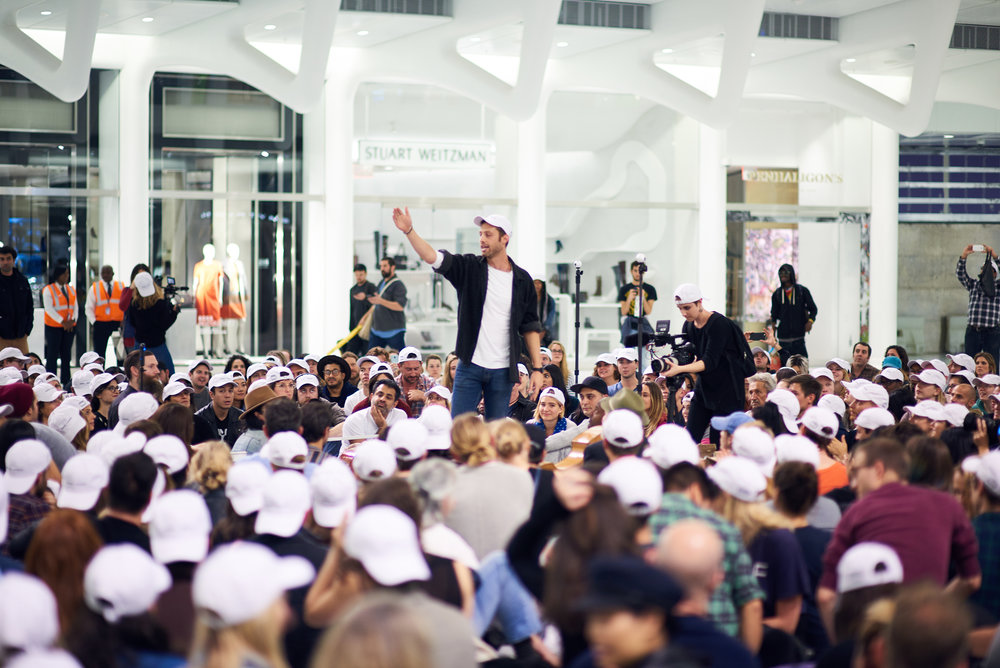
Photograph by Felix Kunze.
Israel ultimately believes in the positive effects of a daily meditation practice—not only because of his own experience, but because of the level of research indicating how meditation, he reports, “impacts the body through the nervous system, the brain.” In an age where information is becoming almost constant, modern individuals experience detrimental physical responses to the overload. “Copious amounts of cortisol, muscle tightening, digestive systems and reproductive systems shutting off, blood becoming more acidic, tunnel vision,” he rattles off. “All these things really create a burden on the body.” Daily meditation “turns on what is scientifically known as the parasympathetic nervous system, or the relaxation response,” he explains. “The immune system boosts, we start to sleep better at night. All of these beatable things start to change.” To the skeptics, he recommends simply trying a version of it. “Notice your body for five minutes,” he says. “There’s tremendous value in just not doing something. It’s crazy how stuff can melt when we become accepting of—and allow ourselves to feel—what we feel.”
2020 is looking to be a big year for The Big Quiet. The organization is set to launch a twenty-city tour, a couple of big partnerships, and a forthcoming podcast. But Israel’s goal remains the same: “Helping people move past their blocks so they can connect with themselves and their power,” he says. “I’ve seen some awesome stuff happen as a result of that.”
Art & Culture
The power of art to inspire empathy and social action
Zen Buddhism and minimalist purity drive the celebrated architect
Moscow’s favorite media studio finds the perfect balance between art and commerce
Behind the scenes with the Bushwick nightlife collective promoting inclusivity and consent culture
DJ Extraordinaire
A medium in which two world-traveling, adventurous spirits absorb the globe’s vast curiosities and share them freely
A meditation guide for extraordinarily large groups
Experiences
Moscow’s favorite media studio finds the perfect balance between art and commerce
In his calls for environmental awareness, the modern explorer finds harmony between man and nature
Behind the scenes with the Bushwick nightlife collective promoting inclusivity and consent culture
DJ Extraordinaire
Food & Drink
The Michelin-starred chef has a story to tell you through his cooking
Six tips for considered and conscious travel
Personalities
Style
The classic martini plus the health benefits of green tea
How Nicholas Konert’s rainbow heart design became an international icon
As the CBD line Mowellens expands into skincare, its founder shares the personal story behind her company
Nature invades the urban jungle in the landscape designer’s expansive projects
The Ethopian model, activist, and entrepreneur uses her label Lemlem as a force for change

